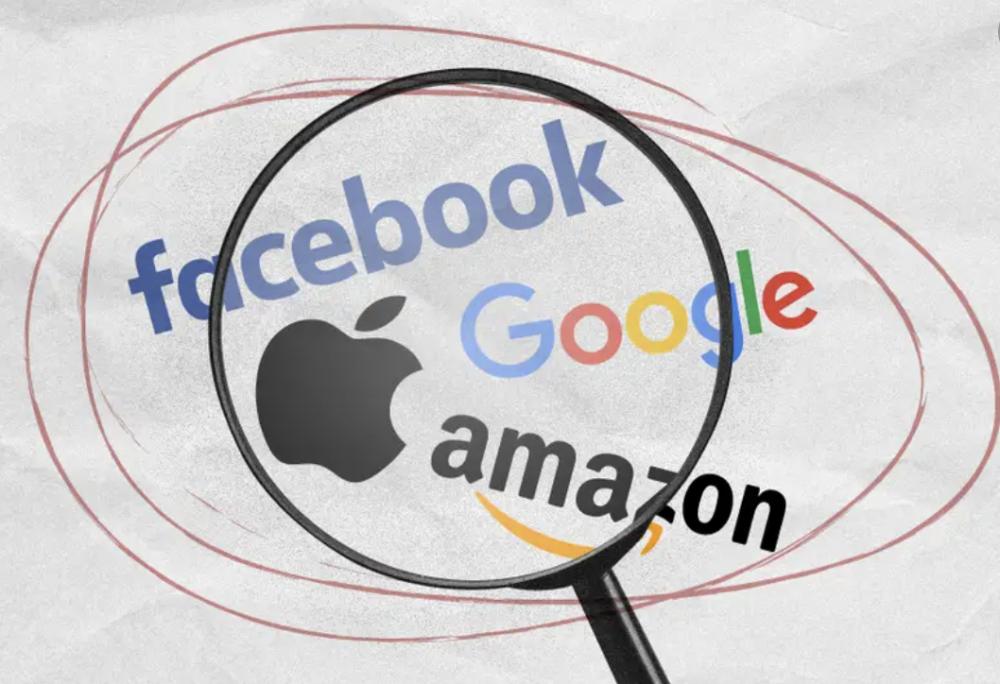The Too-Big-to-Fail phrase prompted consternation if not contempt in many circles as government bailed out banks and financial institutions in the past. But, in recent days, articles about Google, Facebook and Amazon make me wonder if we’re now adopting a Too-Big-to-Succeed attitude within some circles.
Google is reportedly under antitrust investigation. Facebook has taken a beating before Congress. Current news reports suggest that Amazon founder Jeff Bezos will go before Congress soon.
Of course, I know there are concerns about the size of these companies and the intrusion into the lives of many of us. But, really, they are learning about us is in no small part because we invited them. And, we invited them because their research, ingenuity and considerable investments bring value to us.
I don’t want to be overly blunt, but if you don’t like what they do, don’t log onto these sites.
If you do log on, will they track your interests? Yes. Will they learn about your personal preferences? Yes.
In my case, I like suggestions about books, photography, dogs and boats. And, I’m just as happy not to get so much information about cosmetics, baking, hair coloring or panty hose. The fact these companies know the topics that interest me and those that don’t, I find perfectly acceptable.
There is another side to all of this as well.
Many of us use the tools Google, Facebook and Amazon make available.
Last year, a local organization reached nearly a quarter million Facebook and Instagram users who live within one hundred miles of Easton and enjoy art and craft. And, it was done for relatively little money. This “reach” as they call it promoted artists and their work. Thousands of people clicked on artists’ sites and on the organization’s site for more information.
Our local businesses use Google ads to share their enterprises. Again, they can reach their target audiences for rather reasonable amounts of money.
It is a fact that charitable organizations, businesses and even political campaigns PAY for the advertising and other services they use. And, because there is a business model that drives considerable revenue to a company like Google, you and I can have a question come up and get a near instant answer on Google without paying anything. And, we can have a free email account. Imagine if all the research and investment making these services possible came with a transaction cost every time individuals used the service.
Lastly, in this day and age we need all the innovation we can get. If prospective founders of potentially successful companies get the feeling the government may penalize their success, I suspect we will get less innovation, not more.
Craig Fuller served four years in the White House as assistant to President Reagan for Cabinet Affairs, followed by four years as chief of staff to Vice President George H.W. Bush. Having been engaged in five presidential campaigns and run public affairs firms and associations in Washington, D.C., he now resides on the Eastern Shore.







